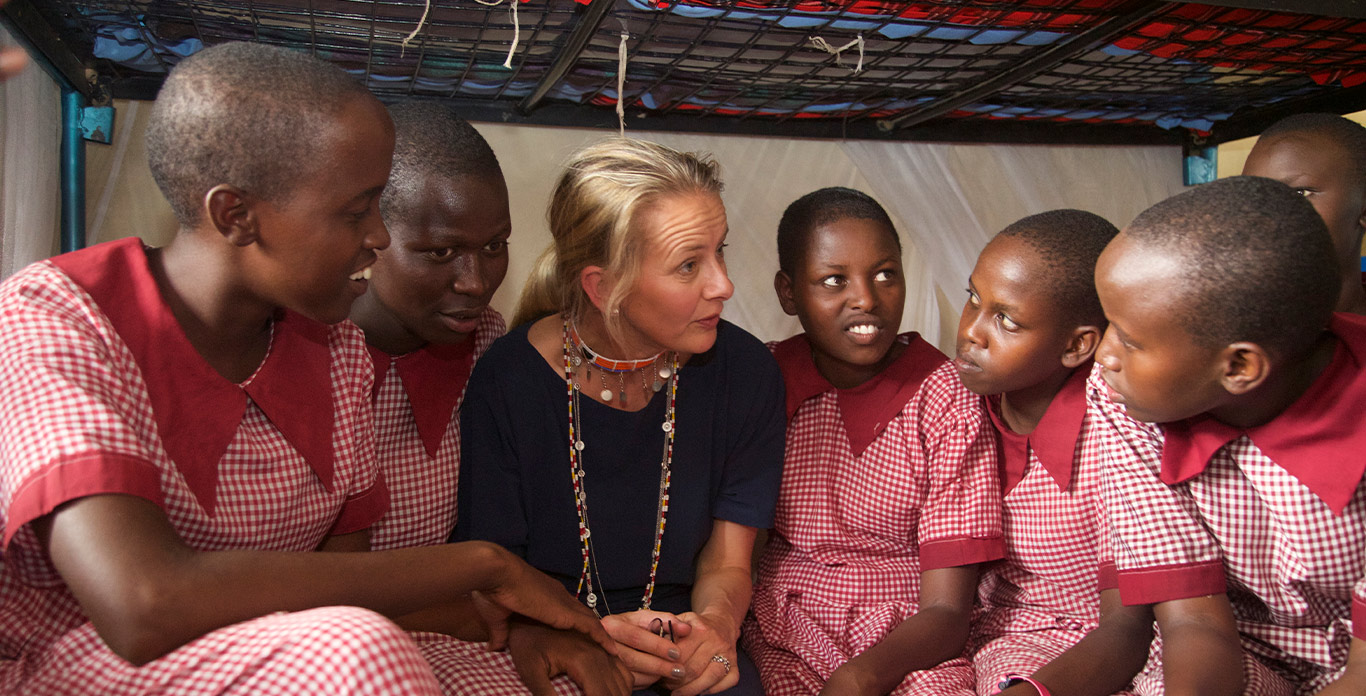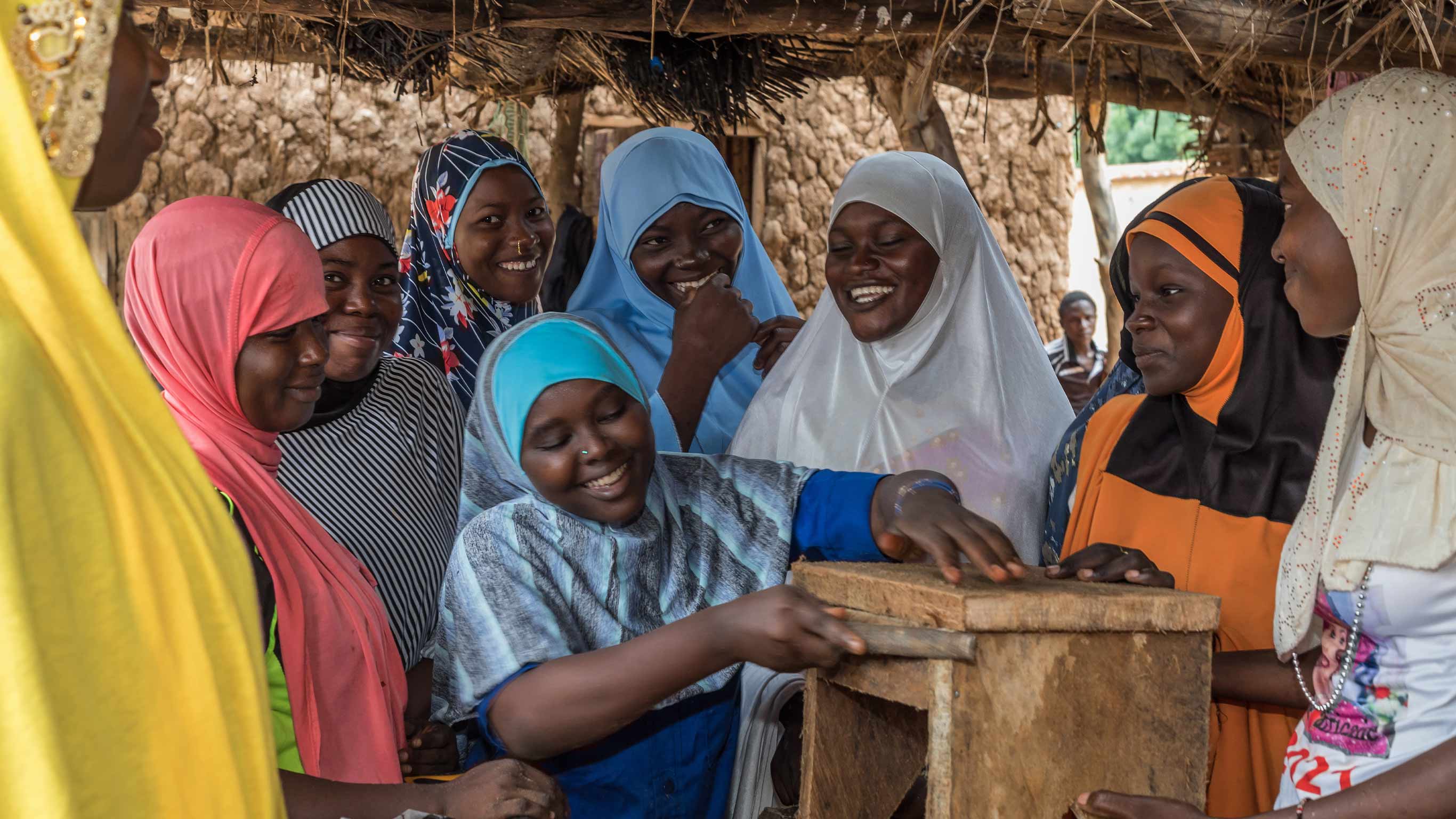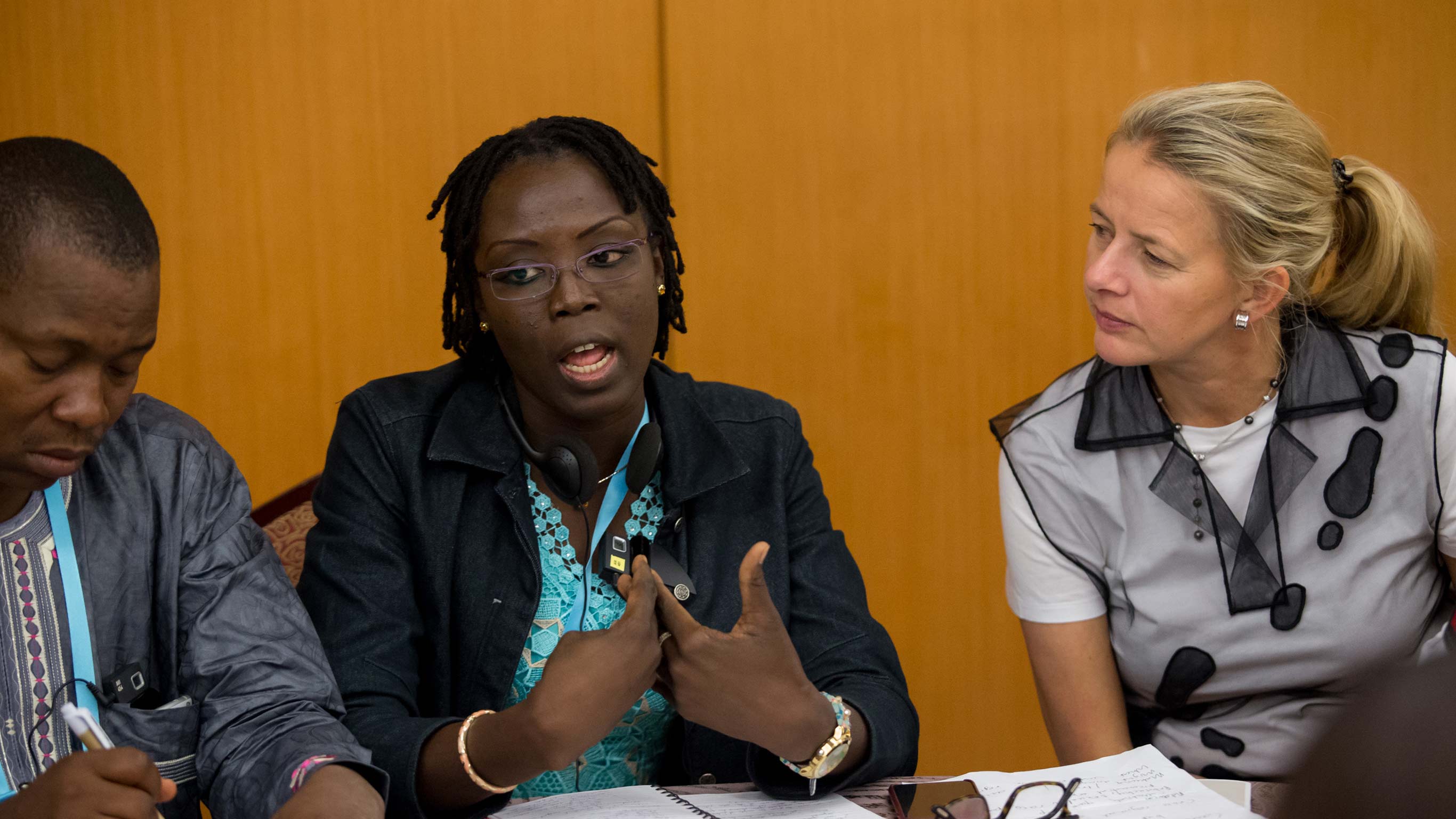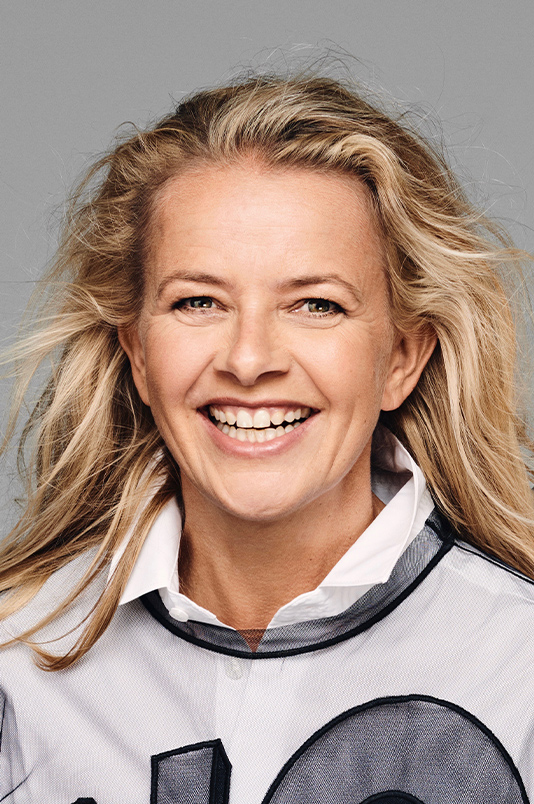Currently, VOW supports efforts in six countries across three continents: Democratic Republic of Congo, the Dominican Republic, India, Nepal, Niger and Uganda. In each case, VOW works entirely through local partners. This reflects the philosophy of “decolonized aid”: rather than imposing solutions from Western capitals, communities in emerging countries are empowered to make change in the ways they think best.
“We call for proposals from local people in their own languages, asking them how they would address the issue,” explains Mabel. “In some cases, the subsequent work raises awareness among parents and communities about the harms of child marriage. In others, it’s about helping the girls to realize their rights and ensuring that they have alternatives to marriage, such as education or jobs. We also support advocacy efforts to ensure that laws get enforced.”
To date, VOW has supported a network of 177 grantees whose work has directly impacted more than a quarter of a million girls. The vast majority of grants go to programs led by women, many of whom themselves have been able to escape or avoid child marriage. There are after-school programs for young girls in Uganda and a women-run boarding school in India that stress building students’ confidence through extracurricular activities such as acting, debating and sports.
While there is much more work to be done, VOW is committed to helping end child marriage within our lifetime. And Mabel is clear about how this may come about: “I always ask the girls and adolescents whom I meet what they want for their children. And the answer is almost always the same. They want proper schooling for them and the freedom for their daughters to marry who and when they want. I’m convinced if we can keep this generation of girls out of child marriage, we’ll reach the tipping point from which there’s no way back.”
“VOW is essentially a start-up organization, and start-ups are hard work,” Mabel admits. “We need all the support that people are willing to give. For anyone who is searching for a meaningful wedding gift idea, helping to organize a wedding or preparing to mark however many years of happy marriage, VOW offers an answer. It provides a wonderful opportunity for a couple who are about to say ‘I do’ of their own free will to empower girls elsewhere to say ‘I don’t.’
Mabel van Oranje - My life
I was born and raised in the Netherlands. I come from a modest, middle-class family and we lived an ordinary Dutch life. At an early age, I became aware that a lot of what I took for granted was actually far from normal in other parts of the world: education, healthcare, good infrastructure and so on. My father frequently traveled for work to Latin America, and he would return with stories of the poverty he had witnessed there. I came to understand that if I’d happened to have been born elsewhere, my life might have been very different.
When I was only nine, my father unexpectedly died. Losing him made me appreciate how fragile and precious life is. My mother was very engaged in our community and did all sorts of not-for-profit work. With such influences, I decided as a child that I wanted to do something meaningful with my life. And for me, that boils down to fighting for justice and equality. I strongly believe that where someone is born shouldn’t determine their destiny; we should all have equal opportunities.
When I left school, I decided to study economics and political science at university. During my studies, I did various overseas internships, not just to find out what career I might pursue but also to experience different cultures. I had fascinating experiences in Mexico, Spain and Malaysia with various multinationals and banks. It also made me realize that working in those sectors, while interesting, wasn’t for me.
I subsequently interned at the United Nations in New York. It was the early 1990s and the war in Bosnia was raging. I was horrified by the blood-shed and what I saw as the slow international response. There were some inspirational figures from around Europe speaking out, but as individuals rather than in concert. In the US, however, there was a group of eminent Republicans and Democrats working together to persuade the Clinton administration to intervene and stop the genocide. I thought that we ought to have a similar initiative in Europe and that’s kind of how it all started.
Since I was just 25, I knew that I could only succeed by working with others. I was introduced to Prince Sadruddin Aga Khan, who had been UN High Commissioner for Refugees. He was a highly principled and respected man. He became Board Chair of the European Action Council for Peace in the Balkans, an advocacy group which I co-founded and led. We brought together some 25 influential Europeans who encouraged their govern-ments to do more to advance peace. At that time, I also helped to create War Child Netherlands, part of the international effort to secure a better future for children whose lives are wrecked by armed conflict.
After peace of sorts in Bosnia, I joined Open Society Foundations, the philanthropic organization established by George Soros. I had worked with them in the Balkans on a variety of initiatives, including an effort to relaunch English, German and French language education in Bosnia. They liked the way I tried to amplify support for causes and asked me to set up their Western Europe office in Brussels. During my tenure, I did a ton of interesting work in relation to issues like universal education, HIV/AIDS, natural resource transparency, independent media and Turkey’s potential accession to the European Union. I then moved to London where I became the Open Society Foundations’ International Advocacy Director, helping coordinate all of our advocacy initiatives seeking policy change.
The Elders was a concept that inherently appealed to me. Nelson Mandela had founded the group by assembling other independent global leaders to work together toward peace and human rights. I applied to become their first CEO and got the job. Some of them knew each other well but others not at all. It was a bit like working with an all-star sports team. As you can imagine, getting 11 amazing individuals to operate as a team doesn’t happen overnight. And there are so many causes worthy of their attention.
Nowadays, I continue my work as an activist through a variety of roles. Sometimes these roles are more formal, as a board member or board chair. In other cases, I support change initiatives or fellow activists informally by brainstorming, giving strategic advice or making useful introductions. When I see an opportunity for change, I find it hard to sit still or say ‘no’.
I firmly believe that if you want to make change happen, you have to join forces. We can all make a difference, but no one can do it alone. Throughout my career, I have thus worked as a matchmaker, bringing different individuals, organizations, strategic ideas and donor funding together to pursue specific goals. These ‘magical coalitions’ as I call them can make things happen that others thought were impossible. You don’t always have to lead visibly or from the front. Drivers of change often work behind the scenes and let others have the limelight.
Having been professionally active for almost three decades and having done so many different things, I guess the common thread is my urge to act when I see injustice, helping to drive change. In all that I do, I try to be results-oriented. My ambition is to put myself out of all the jobs that I do, so I can then retire with the world as it should be: peaceful, just, equal and with opportunities for all.






